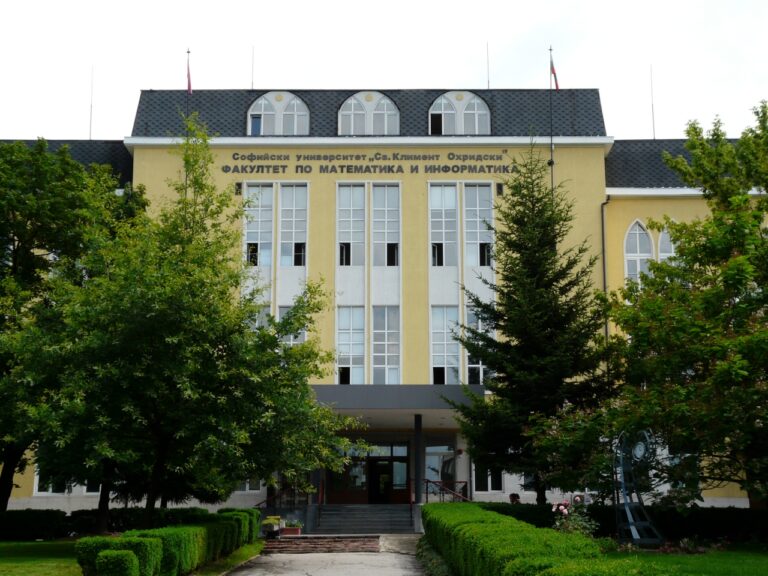Working in Bulgaria
Expats working in Bulgaria will find themselves in a country that is recovering from political instability, low productivity, and a shrinking population. Bulgaria is one of the poorest countries in the EU and is dependent on its EU partners for both investment and trade. Despite this bleak outlook, Bulgaria’s economy has displayed steady annual growth, while significantly decreasing its unemployment rate over the last few years.
Bulgaria’s main industries include energy, mining, and metallurgy. Tourism, finance and IT are growing industries. Salaries in Bulgaria are lower than in many other EU countries. This is offset by a relatively low cost of living. Expats may find it difficult to get a job in Bulgaria, as companies tend to hire Bulgarian graduates over foreigners.
Expats from the EU or the EEA can work in Bulgaria without a work permit. Other expats must secure a work permit before arriving in the country. Work permits are requested by an employer, who must justify their reasons for employing a foreigner over a Bulgarian.
The job market in Bulgaria
Expats looking for employment in Bulgaria will find the most opportunities in the urban centres of Sofia, Plovdiv, and Varna, working within multinational companies as well as in the IT and finance industries. Teaching English in Bulgaria is another opportunity for expats to find employment.
Those with multilingual proficiencies, specifically in key European languages such as Russian, English, French, and German, are in demand. This is because many European companies outsource their labour to Bulgaria. Knowledge of Bulgarian will be useful in securing employment with a local company.
Finding a job in Bulgaria
Many expats move to Bulgaria with an employment contract already in place. Otherwise, multinational companies will post listings of job offerings on their websites. Numerous online job portals list employment opportunities for expats.
Expats should also contact the several English-speaking recruitment agencies operating in Bulgaria.
Work culture in Bulgaria
Expats working in Bulgaria will discover that fostering and maintaining relationships are key elements of Bulgarian work culture. Trust is extremely important in work environments. Relationships may form slowly, as Bulgarians tend to take their time getting to know new colleagues.
Although Bulgarians tend to be direct and cooperative, deference is given to age and seniority. Otherwise, the work culture in Bulgaria is not overtly different from the work culture in other EU nations.
This article was curated from Expat Arrivals Featured Image Credit: Image by Gerd Altmann from Pixabay







